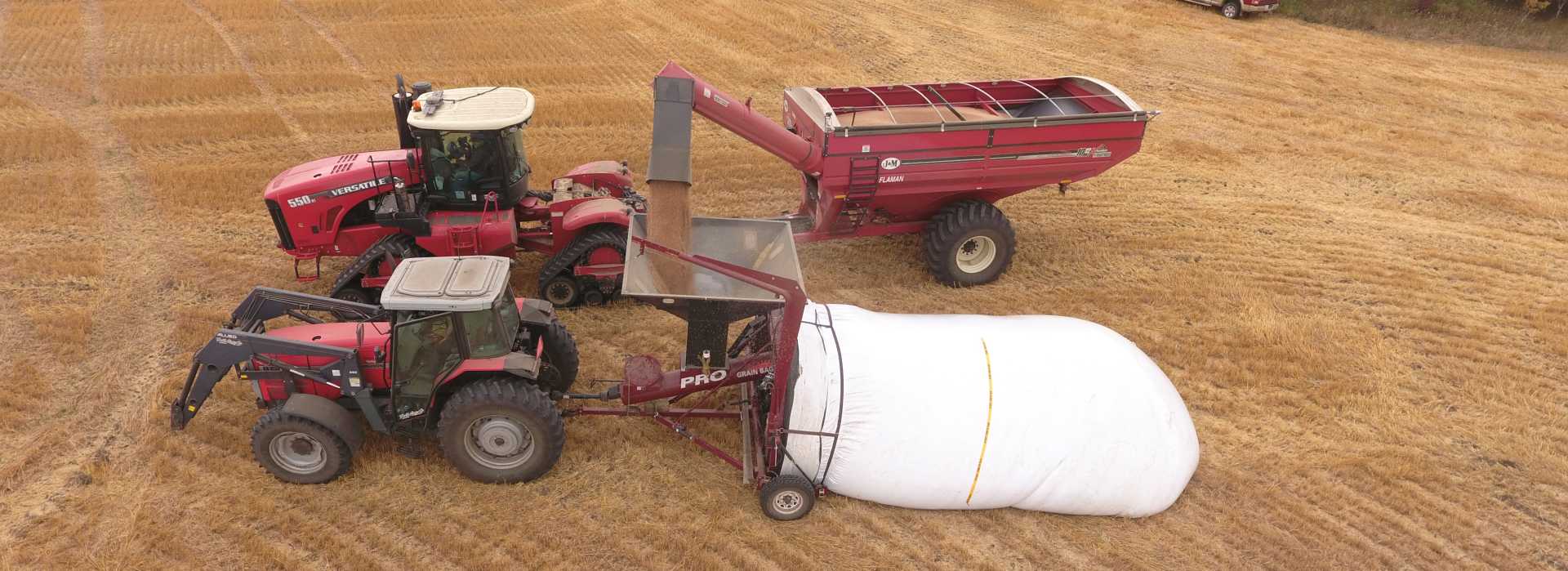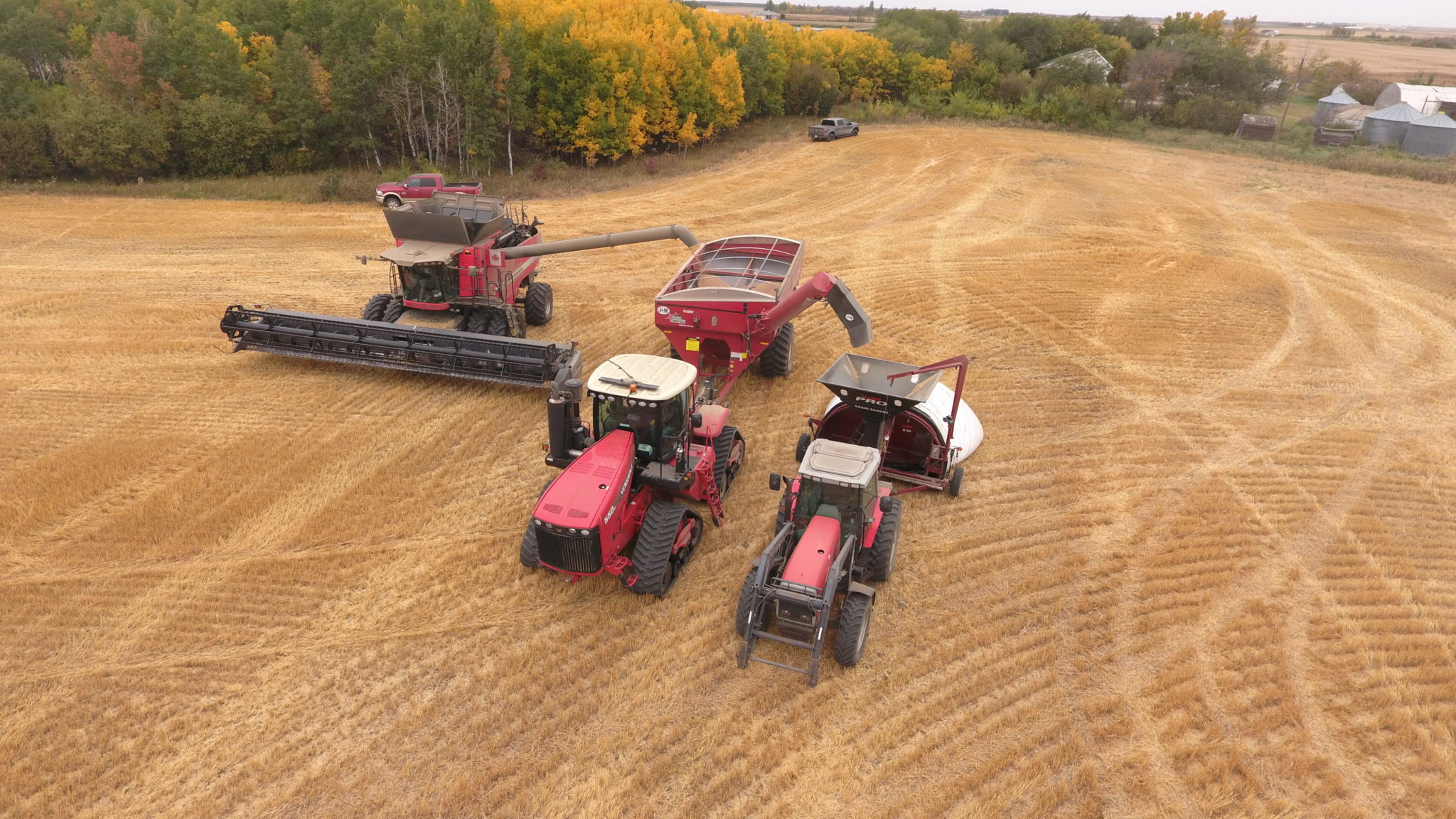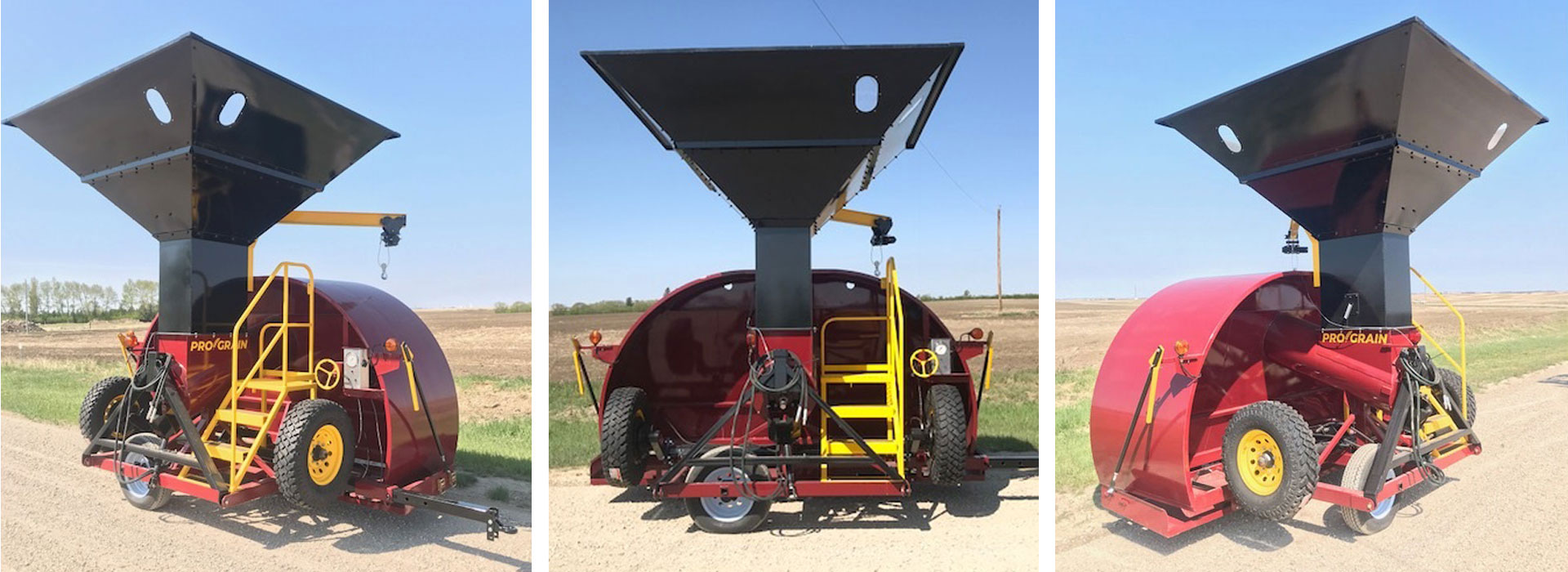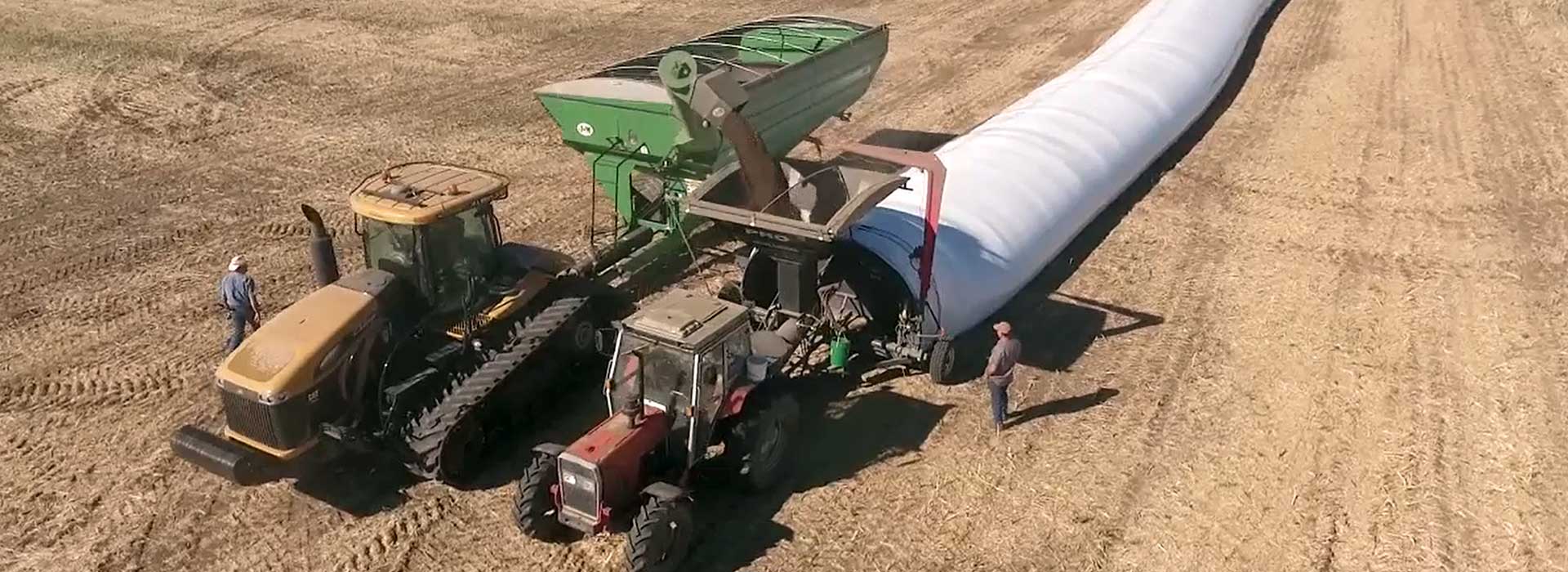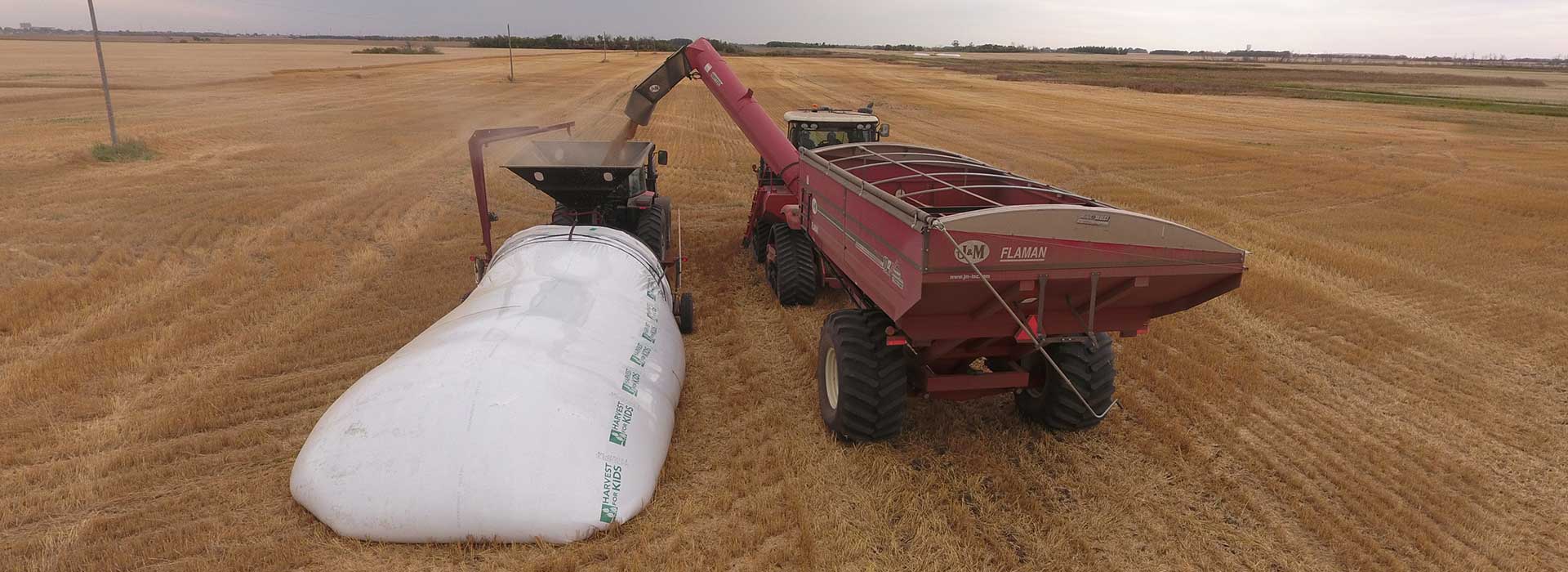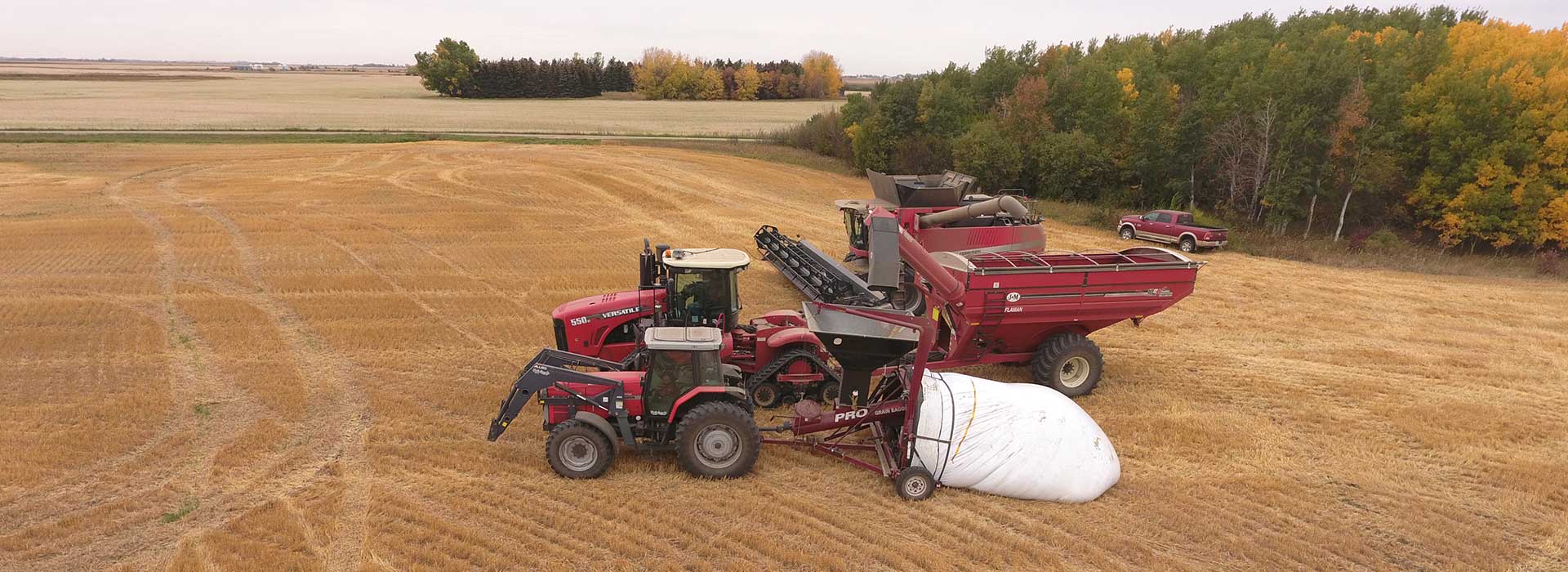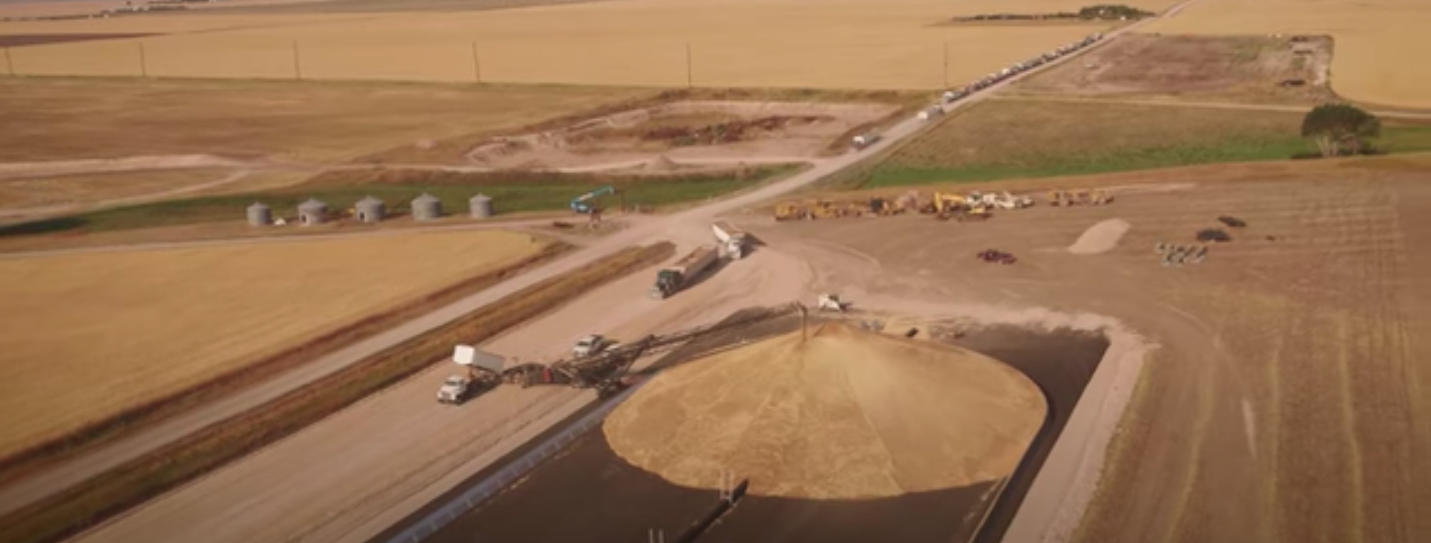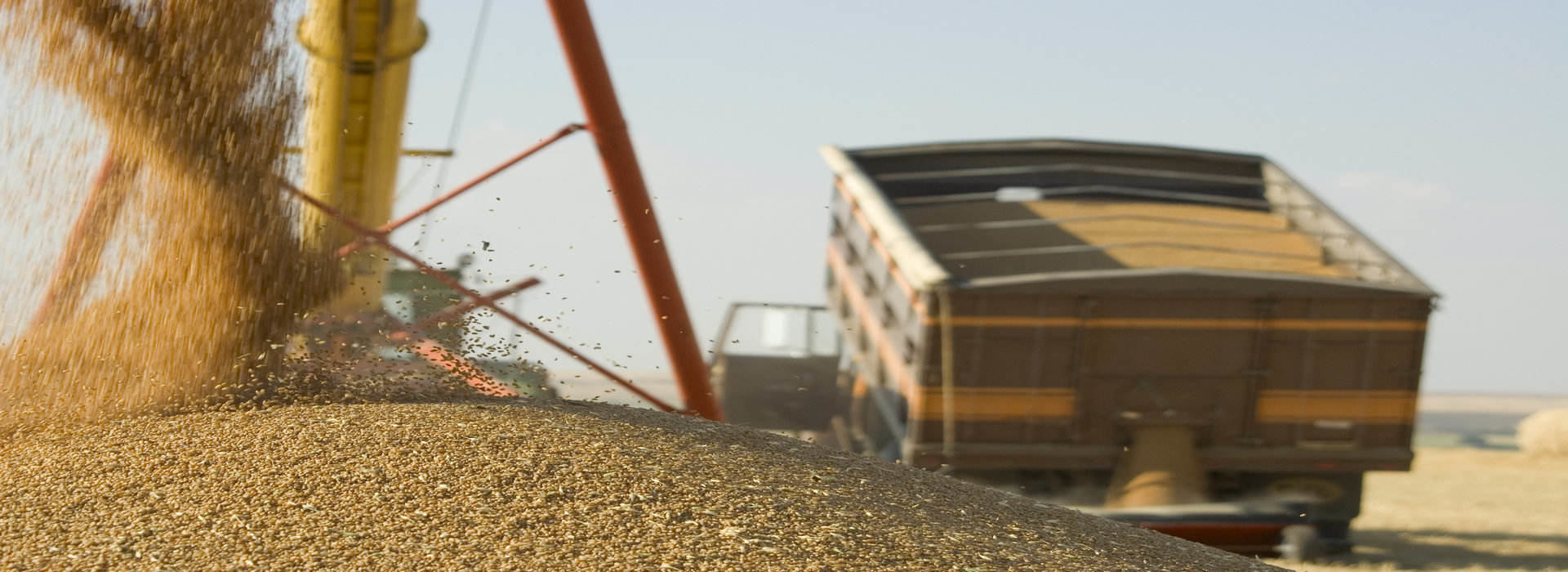
The Answer to Rising Fuel Costs
Article published on: Jul 5 2023
- Understanding the Scope of the Fuel Cost Problem
- Enter Grain Bagging: The Cost-Effective Savior
- Reduced Field-to-Storage Transportation
- Lowered Harvest-to-Market Transportation
- Reduced Labor and Maintenance Costs
- The Impact of Grain Bagging on Sustainability
- Case Study: Grain Bagging Success
- The Future of Farming: A Shift Towards Grain Bagging
The world today faces increasing challenges in fuel costs, an issue that has escalated over the past few years. This continual rise poses considerable threats to global agriculture, disrupting numerous processes and jeopardizing profitability. But what if we told you there's an unexpected hero amidst these challenges? An innovative and cost-effective solution, grain bagging, could well be the answer to this extended ongoing crisis. This article explores how grain bagging could become a vital tool for farmers around the globe to combat rising fuel costs.
Understanding the Scope of the Fuel Cost Problem
Fuel is at the heart of agricultural operations. It powers the machines that plow fields, sow seeds, harvest crops, and transport produce. As fuel costs rise, so do the operational costs of farms, pressurizing profit margins, and leaving farmers in a tight spot. The U.S. Energy Information Administration reports an upward trend in fuel prices, with a predicted continuation in the coming years. The impact? A ripple effect touching every corner of the agricultural industry, potentially transforming the food production landscape as we know it.
Enter Grain Bagging: The Cost-Effective Savior
Grain bagging, or silo bags, a relatively new technology in the agricultural scene, offers promising prospects to counter rising fuel costs. It involves storing grain in large, durable, and flexible bags directly in the field, reducing transportation needs and allowing for cost-effective long-term storage.
Reduced Field-to-Storage Transportation
With traditional methods, grains must be transported from the field to permanent storage facilities, often located some distance away. This transportation process is not only time-consuming but fuel-consuming as well.
Grain bagging, however, eliminates the need for this initial transportation step. The grain is bagged directly in the field where it's harvested, effectively erasing the fuel costs associated with transporting the grain to a central storage location.
Lowered Harvest-to-Market Transportation
Grain bagging also allows for strategic planning around market conditions and fuel prices. Traditionally, farmers are forced to transport their harvest to market immediately, irrespective of the prevailing fuel costs. With grain bagging, they can store the grain safely in the field and wait for a time when fuel costs are lower or when grain prices are higher. This flexibility provides farmers with control over their selling time, enabling strategic cost-saving decisions.
Reduced Labor and Maintenance Costs
While not directly tied to fuel costs, the reduction in labor and maintenance costs that comes with grain bagging is too significant to ignore. Grain bagging equipment is less complex and less costly to maintain compared to grain elevators, bins, and silos. This simplicity translates into fewer mechanical issues, lower maintenance costs, and less downtime, which ultimately leads to fuel and cost savings.
Grain bagging as part of harvest logistics reduces the number of transport trucks needed and thus reduces the number of drivers required.
The Impact of Grain Bagging on Sustainability
Grain bagging not only provides solutions to the rising fuel cost crisis but also contributes to more sustainable farming practices. By reducing transportation needs and energy consumption, grain bagging helps decrease greenhouse gas emissions, contributing to global efforts to combat climate change.
Moreover, grain bags are recyclable, which means they do not contribute to waste problems when disposed of correctly. Some companies even offer programs to help farmers recycle their used grain bags, further enhancing this sustainable storage solution's green credentials.
Case Study: Grain Bagging Success
Argentina provides an excellent example of how grain bagging can revolutionize the agricultural industry and combat rising fuel costs. Facing inflation and high-interest rates, Argentine farmers turned to grain bagging as a cost-effective storage solution.
In Argentina, grain bagging has effectively become an "extensible silo," enabling farmers to store grains and oilseeds safely until market conditions improve. This adoption has led to significant cost savings, particularly in fuel and labor, making farming operations more resilient against economic uncertainties.
The Future of Farming: A Shift Towards Grain Bagging
The continuous rise of fuel costs presents an undeniable challenge for the agricultural sector. However, by embracing innovative solutions like grain bagging, farmers can mitigate these escalating expenses and protect their profitability.
As we move forward, it becomes increasingly clear that the future of farming hinges on our ability to adapt to changing circumstances. Through grain bagging, not only can we answer the rising fuel cost problem, but we can also embark on a path towards more sustainable farming practices.
Grain bagging represents a beacon of hope amidst rising fuel costs. It offers an innovative, cost-effective, and environmentally friendly solution, empowering farmers to manage their operations more efficiently, strategically, and sustainably. This technological development in the agricultural industry signifies a crucial step towards a future where farming continues to thrive, even amidst increasing challenges.
So, as fuel costs continue to rise, it's worth considering grain bagging. The financial savings, combined with the sustainability benefits, make it a game-changing solution for farmers worldwide. Grain bagging: bag it now, reap the benefits later.

